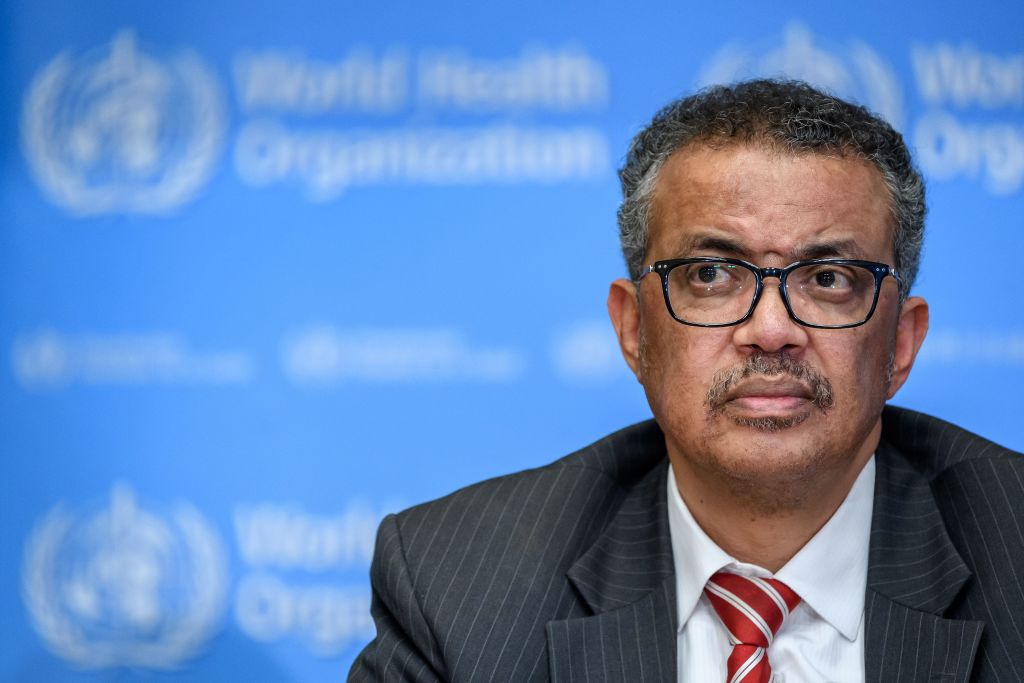Global Cholera cases are now on an increase, after years of falling, a development described by the World Health Organisation (WHO) as worrying.
Cholera is an acute diarrhoeal infection caused by ingesting contaminated food or water.
Briefing the media this week, WHO director-general, Dr Tedros Adhanom Ghebreyesus said Cholera was another disease making an “unwelcome comeback.”
“After years of declining cases globally, we have seen a worrying upsurge of cholera outbreaks around the globe over the past year,” bemoaned Ghebreyesus.
“In the first nine months of this year alone, 27 countries have reported cholera outbreaks. Not only are we seeing more outbreaks, but more deadly outbreaks. The data we have – which are limited – show the average case fatality rate so far this year is almost three times the rate of the past five years.”
In Syria, Ghebreyesus said, more than 10 000 suspected cases of cholera have been reported just in the past six weeks.
“And in Haiti, after more than three years with no cases of cholera, two cases have been officially reported this week in the capital Port-au-Prince, with 20 suspected cases and seven deaths under investigation in other areas,” he explained.
“It’s likely the actual number of cases is significantly higher. This outbreak is a particular setback as Haiti was preparing to be certified as cholera-free later this year.”
The WHO chief further said: “Although cholera can kill within hours, it can be prevented with vaccines and access to safe water and sanitation, and can be treated easily with oral rehydration or antibiotics for more severe cases. But the reality is that many people don’t have access to these simple interventions.”
In 2013, WHO and its partners created an international stockpile of cholera vaccines, which last year shipped 27 million doses.
“But with an increasing number of outbreaks, supply cannot keep up with demand,” said Ghebreyesus.
“We urge the world’s leading vaccine manufacturers to talk to us about how we can increase production. Cholera thrives on poverty and conflict but is now being turbo-charged by climate change. Extreme climate events like floods, cyclones, and droughts further reduce access to clean water and create the ideal environment for cholera to spread.
He added: “Cholera is deadly, but it’s also preventable and treatable. With the right planning and action, we can reverse this trend.”

